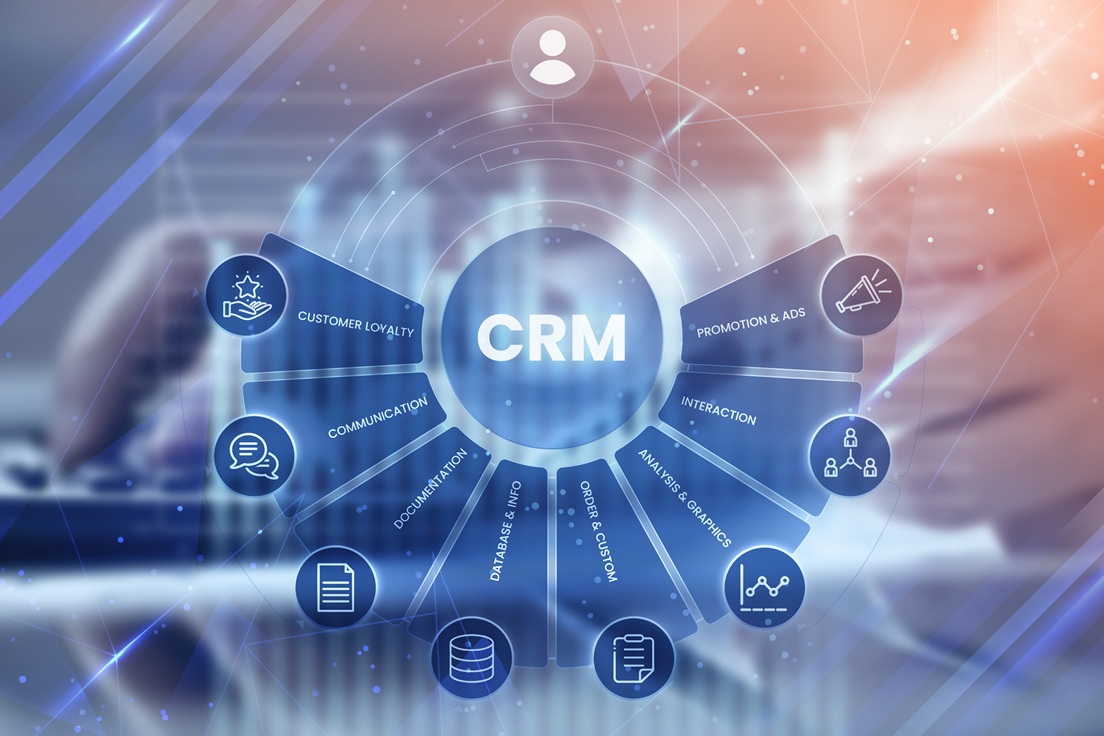
CRM systems in wealth management have evolved far beyond their original role as client contact databases. Today, they serve as the backbone of client engagement, regulatory compliance, and operational efficiency. As the industry becomes more data-driven, firms must leverage CRM tools that integrate seamlessly with portfolio management, risk assessment, and reporting functions.
The market growth of CRM solutions reflects this increasing demand. According to CRM.org, the CRM industry is projected to grow by 12% annually, reaching an estimated $129 billion by 2028. This expansion is driven by firms recognizing the competitive advantage of an integrated client management system. The ability to centralize information, automate processes, and generate actionable insights is now a necessity rather than a luxury.
However, many wealth management firms still underutilize CRM capabilities, missing opportunities to optimize client interactions and streamline operations. A well-implemented CRM goes beyond storing data—it actively enhances advisor productivity, enables deeper personalization, and ensures compliance with regulatory frameworks.
Source: CRM.org
CRM adoption is at an all-time high, with 73% of businesses utilizing CRM software as of 2024. This widespread adoption signals that companies across industries recognize the importance of structured client management and automated workflow capabilities. A strong CRM system allows firms to enhance communication, optimize client servicing, and improve data-driven decision-making.
In wealth management, the use of CRM systems is even more critical. Investment firms, family offices, and private banks manage a vast amount of client information, from portfolio holdings to compliance documentation. Without an efficient CRM solution, firms risk inefficiencies, compliance breaches, and a fragmented client experience. A CRM designed for wealth management centralizes client data, integrates with financial reporting systems, and ensures advisors can personalize engagement based on historical and predictive insights.
Despite the high adoption rates, many firms still struggle to maximize the potential of their CRM platforms. Simply having a CRM is not enough—it must be properly implemented, integrated with other financial tools, and optimized to support strategic decision-making. Firms that fail to do so may find themselves lagging behind competitors who use CRM as a true engagement and intelligence platform.
Source: CRM.org
The future of CRM in wealth management is centered on proactive engagement and automation. Instead of acting as passive data repositories, modern CRMs should provide real-time insights, predictive analytics, and automated workflows that empower advisors to deliver better client outcomes. This shift allows wealth managers to move from reactive decision-making to a strategic, client-first approach.
Advanced CRM solutions integrate with AI-driven tools that analyze behavioral patterns, track investment preferences, and suggest tailored portfolio adjustments. By leveraging automation, firms can reduce manual administrative tasks, ensuring advisors spend more time providing value-added services rather than dealing with operational bottlenecks.
Compliance automation is another crucial aspect of a well-implemented CRM. With evolving regulatory requirements, firms must ensure adherence to KYC, AML, and reporting standards. CRMs that include built-in compliance features help mitigate risks by flagging anomalies, automating documentation, and ensuring seamless audit trails.
The role of CRM in wealth management has fundamentally changed. Firms that still rely on outdated, siloed CRM solutions are at risk of falling behind. A well-integrated CRM transforms operations, drives client engagement, and ensures firms stay ahead in an increasingly competitive market.
Investing in a next-generation CRM is not just about improving operational workflows—it is about future-proofing wealth management firms against regulatory shifts, market volatility, and rising client expectations. By embracing CRM solutions designed for the complexities of wealth management, firms can scale efficiently, reduce risk exposure, and optimize financial advisory services.
Pivolt provides an advanced CRM platform tailored for wealth management firms. By combining AI-driven automation, compliance integration, and deep analytics, Pivolt empowers firms to unlock the full potential of client engagement, streamline operations, and maintain a competitive edge in the financial industry.